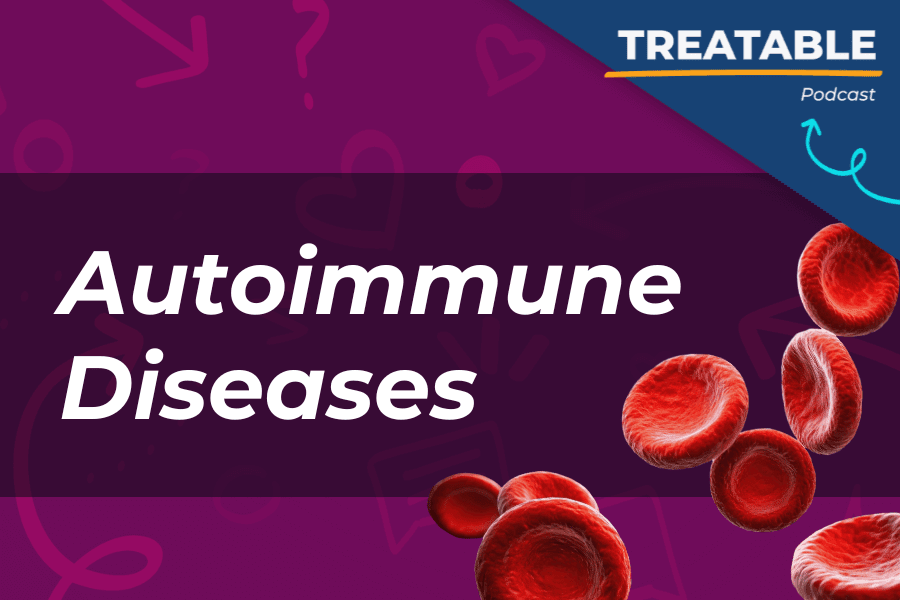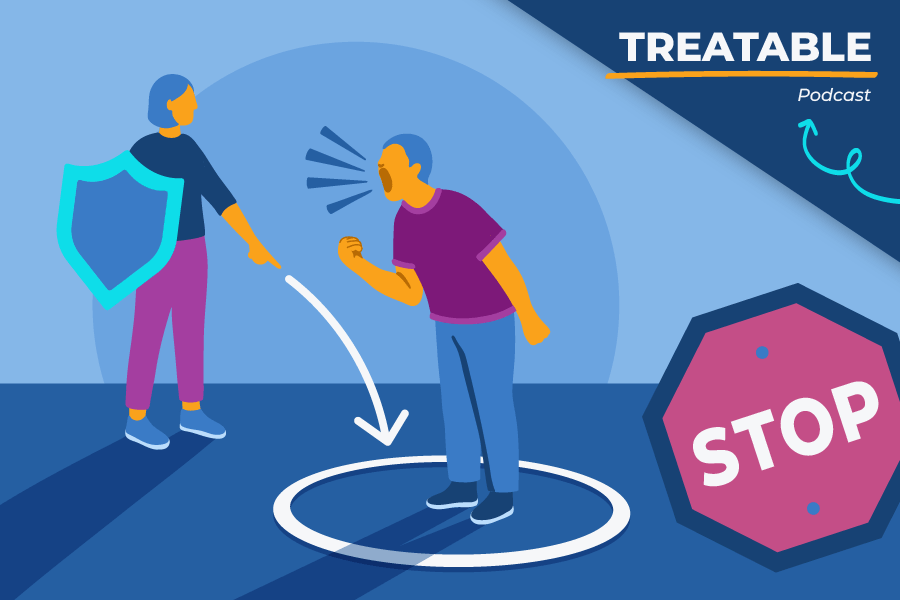In a world where healthcare becomes increasingly complex, understanding the root causes of ailments like autoimmune disorders is more essential than ever.
These disorders represent a fascinating yet troubling phenomenon where the body’s defense mechanisms misfire, attacking healthy cells instead of foreign invaders.
But are we helpless in the face of these debilitating conditions? Today, we dive deep into this question as we explore insights shared by Dr. David Bilstrom in a recent episode of the “Treatable” podcast hosted by Clint Mally.
Understanding Autoimmune Disorders
Imagine your body as a fortress with your immune system as loyal guards. Now, imagine those guards turning against the very fortress they are meant to protect.
This imagery encapsulates the essence of autoimmune diseases, where the body’s defense mechanism becomes its own worst enemy.
The podcast episode explored the triggers of this internal rebellion, whether it can be reversed or prevented, and the role mental health plays in autoimmune disorders.
The Mystery of Autoimmune Triggers
Dr. Bilstrom explains that autoimmune disorders result from a dysregulated immune response.
Historically, treatments have focused on suppressing an overactive immune system. However, this approach often overlooks the root causes.
According to Dr. Bilstrom, much of our immune system health traces back to the gut. There’s a profound connection between gut health and brain health, highlighting the intertwined nature of mental and physical health.
Stress and chronic conditions are seen as “infections” that our bodies either adapt to or become overwhelmed by.
Epigenetics and Environment
The concept of epigenetics provides a fascinating layer to understanding health.
It’s not merely the genes we inherit but how our environment and behaviors turn certain genes on or off. Astonishingly, these changes can affect future generations.
The podcast discusses the role of maternal health and the mother’s environment in shaping the fetal biome and genetic expression, establishing health patterns even before birth. Steps like optimizing gut health and using natural sunlight can influence these genetic expressions positively.
Mental Health Connection
Anxiety, depression, and other mental health issues are often reflected in physical symptoms.
The gut-brain connection implies a direct influence where mental states can manifest as physical ailments. For individuals labeled as “depressed,” Dr. Bilstrom emphasizes that this label is no more true than being a “right knee pain person.”
The key lies in identifying and addressing the common physiological disruptors beneath the surface.
Practical Steps for Healing
Dr. Bilstrom provides tangible steps for addressing autoimmune issues:
- Morning Sunlight: Exposure to natural light, especially within the first three hours of sunrise, supports the body’s circadian rhythms and intestinal health. Sunlight on the abdomen can enhance the production of beneficial gut bacteria.
- Meditation and Relaxation: Engaging in meditation and other calming activities like progressive muscle relaxation helps manage stress levels, crucial for maintaining a healthy immune response.
- Diet and Supplements: Introducing elements like butyrate supplements and maintaining a balanced diet supports the gut’s microbiome, contributing to overall immune health.
- Mindfulness of Stress: Recognizing and addressing stress before it exacerbates physical health issues is vital. This involves understanding personal triggers and employing strategies to mitigate stress responses.
- Connection with Nature: Simply interacting with nature—whether walking among trees, gardening, or enjoying natural landscapes—promotes mental and physical well-being.
Conclusion
The “Treatable” podcast episode with Dr. David Bilstrom provides profound insights into the complex world of autoimmune disorders.
While these conditions are more common than we might realize, there are proactive and natural ways to address them.
From understanding the gut-brain connection to embracing the role of light and meditation, we have tools to transform our health.
As we incorporate these practices, we pave the way not only for healing but for preventing future generations from facing the same challenges.
As we move forward, these insights remind us of our immense potential to heal and thrive.




